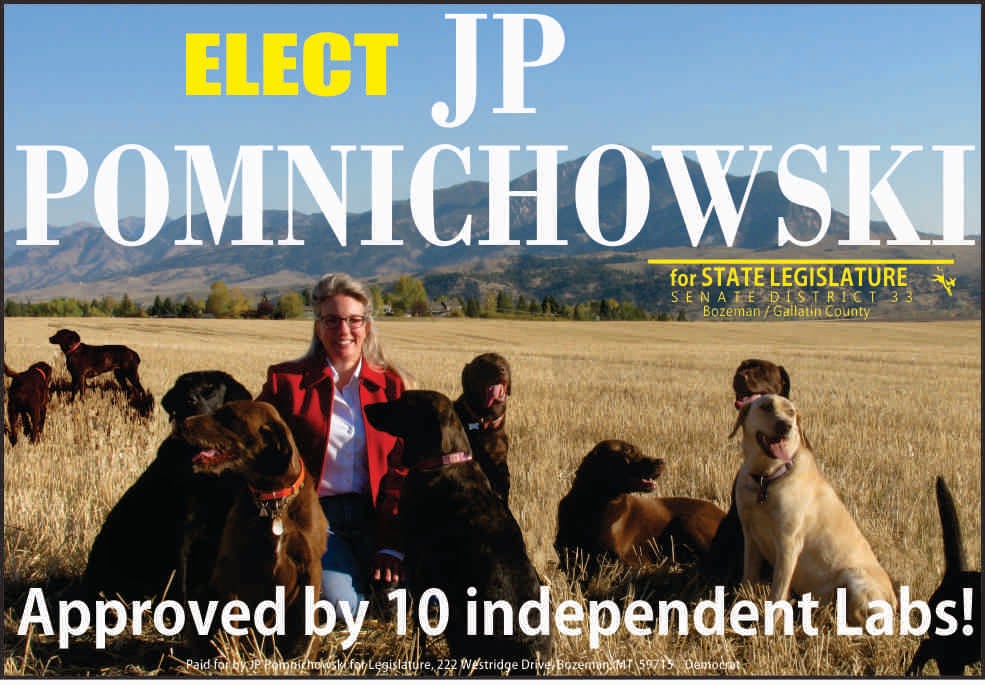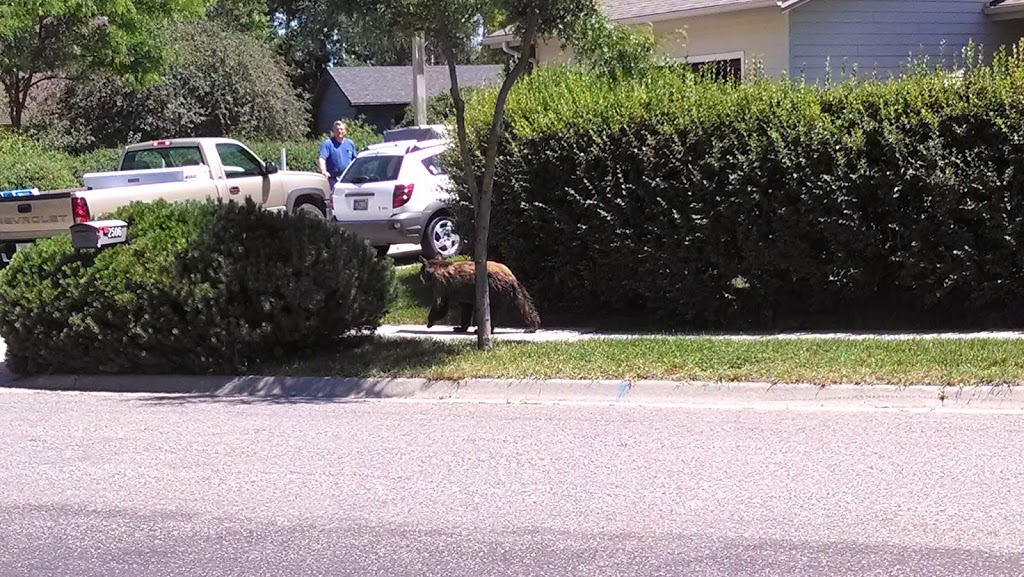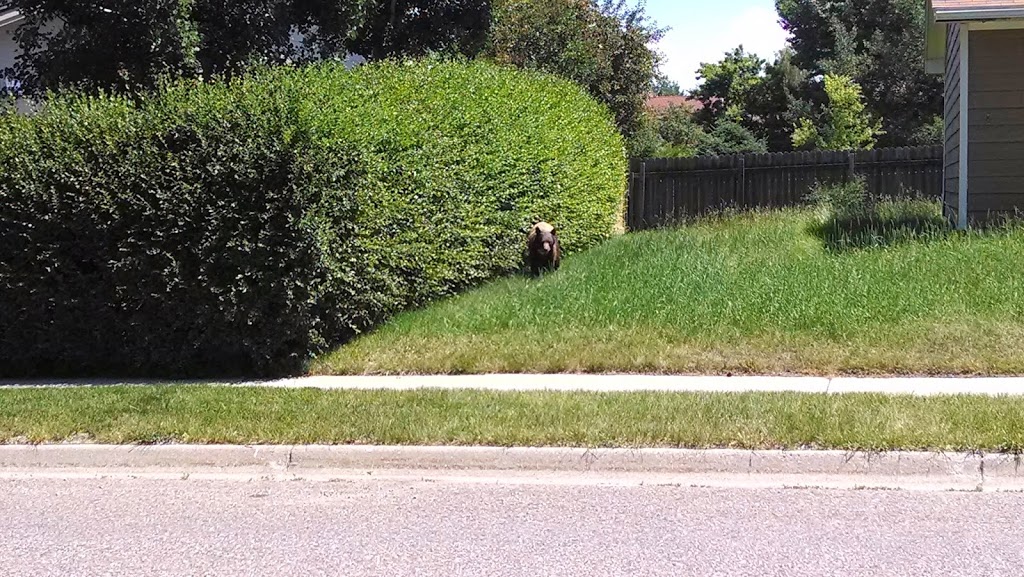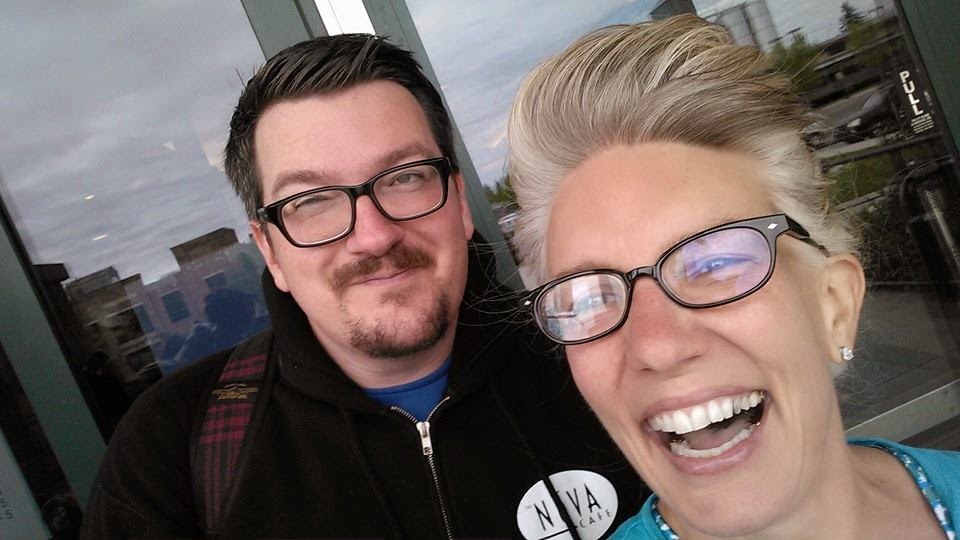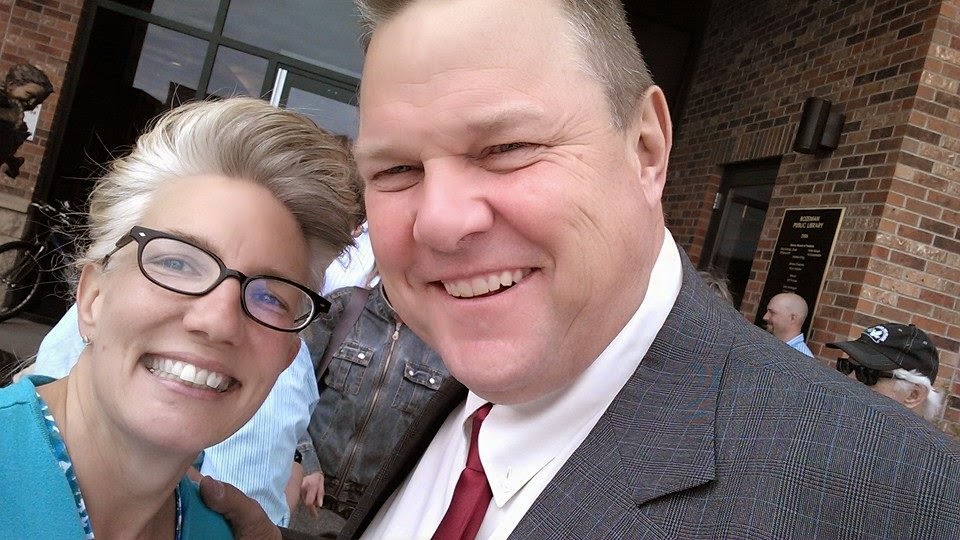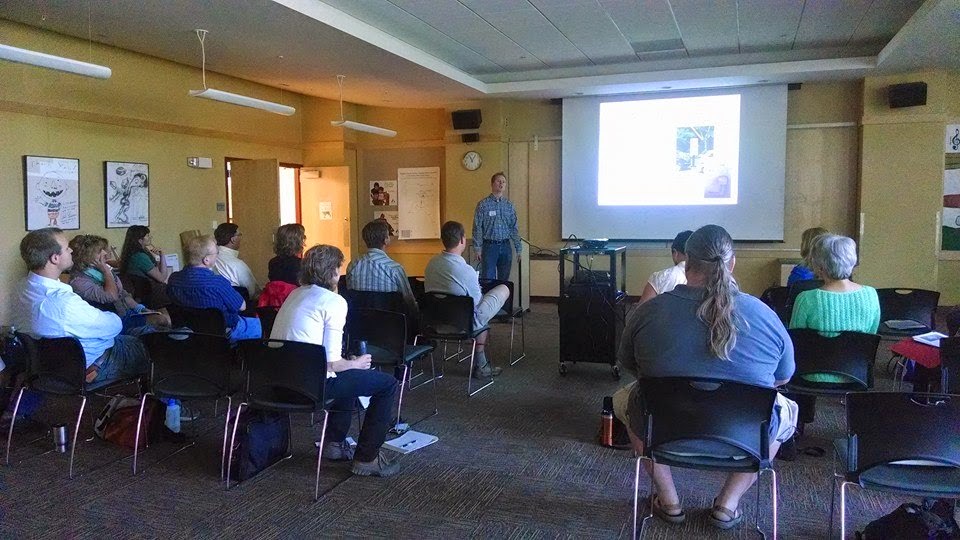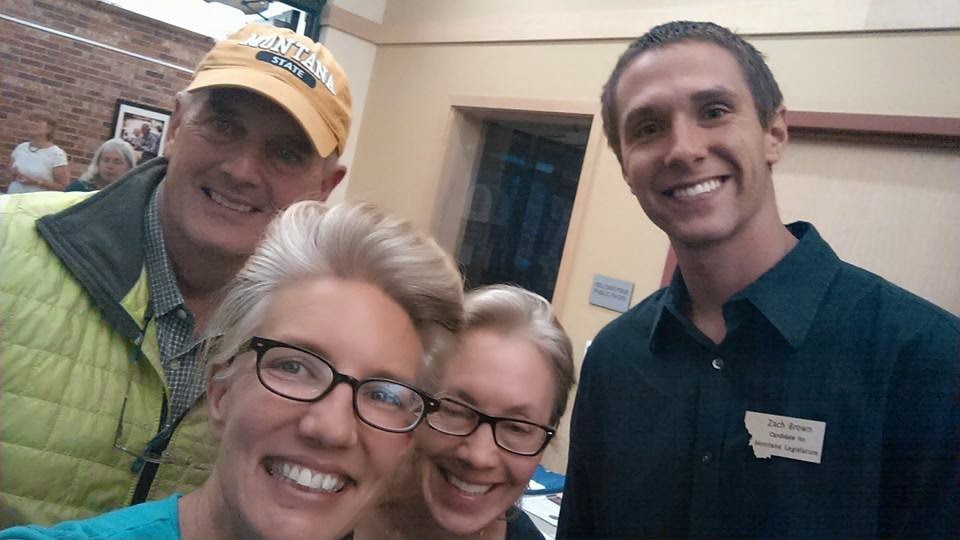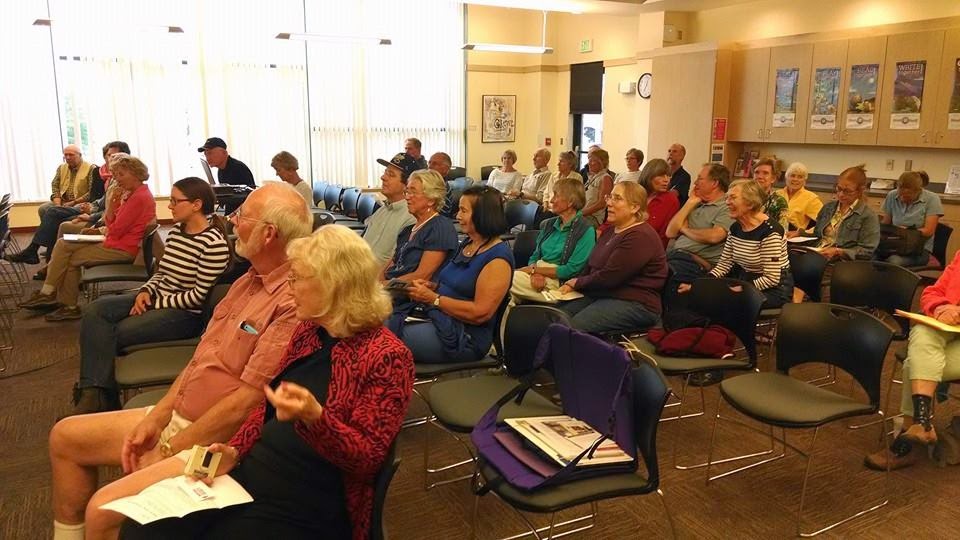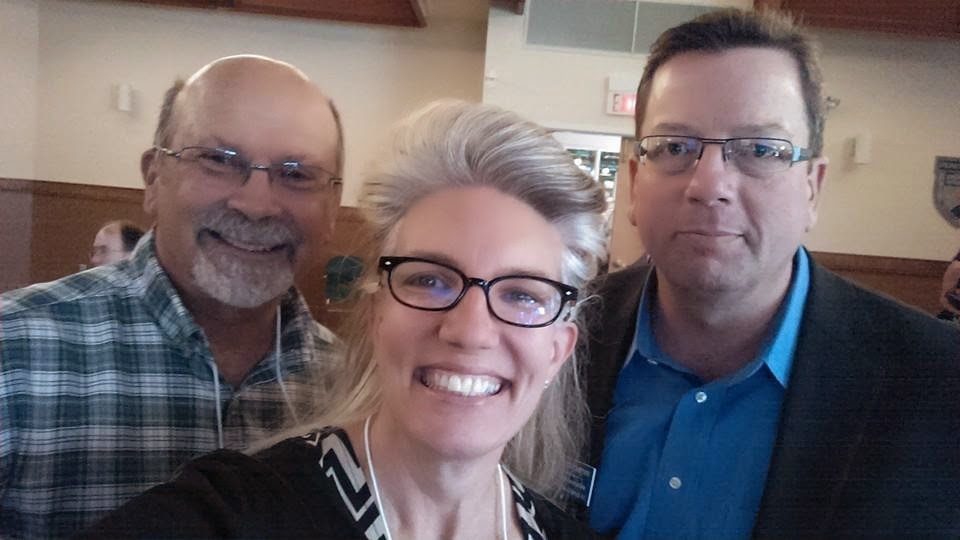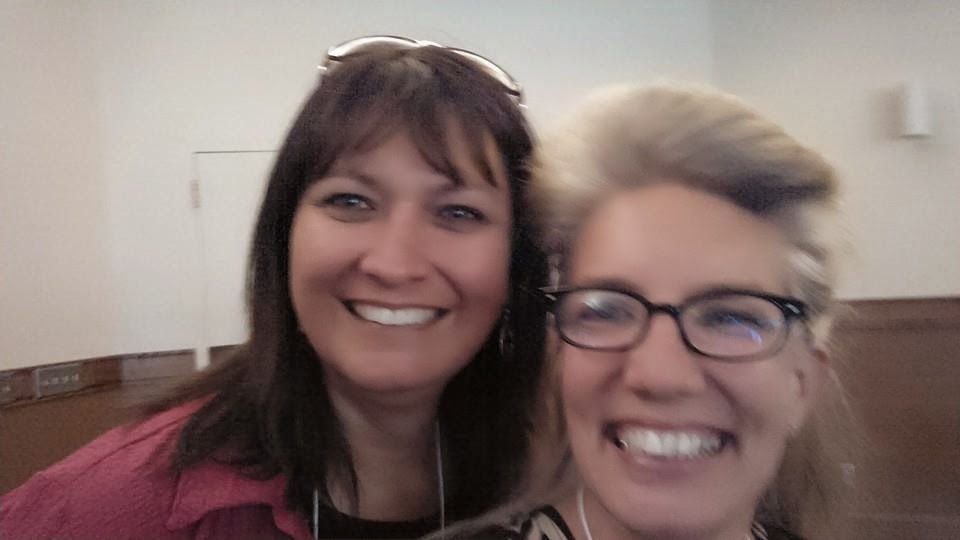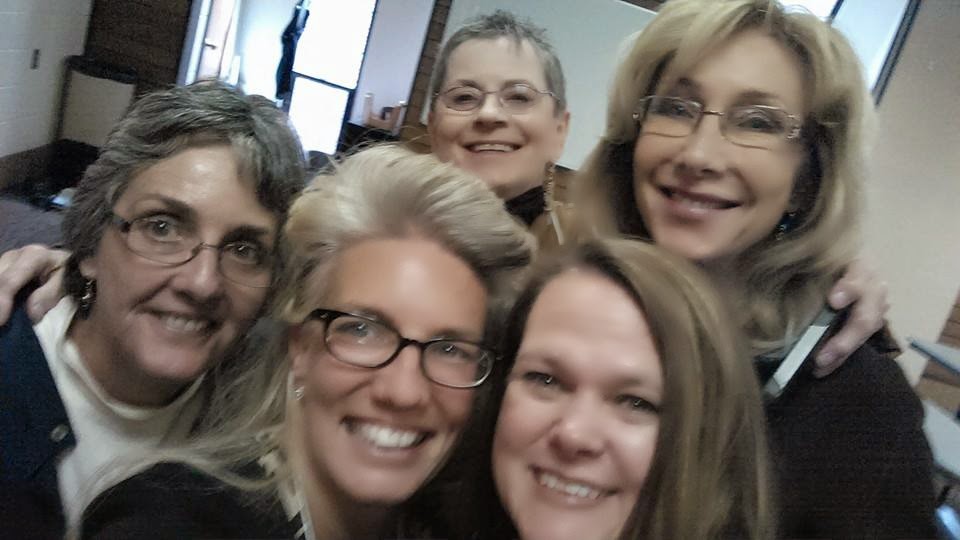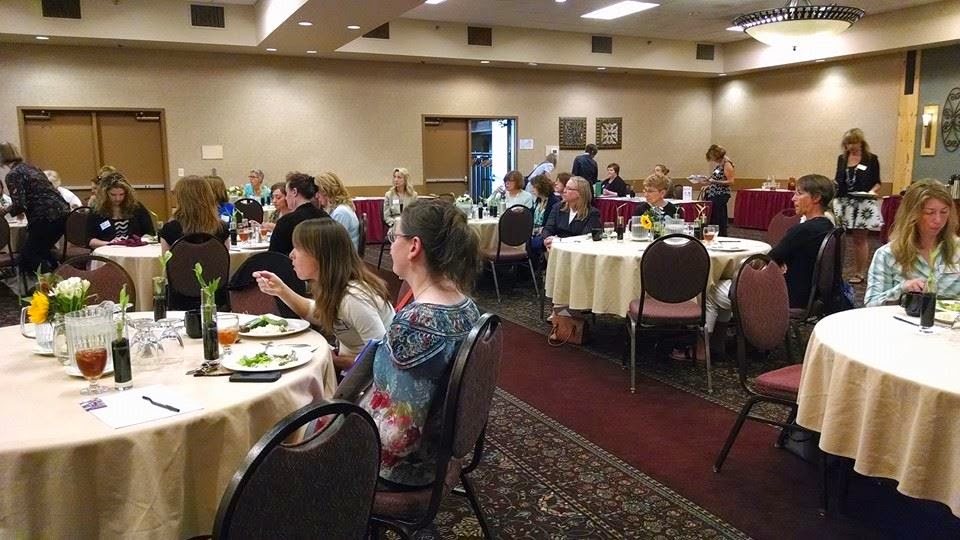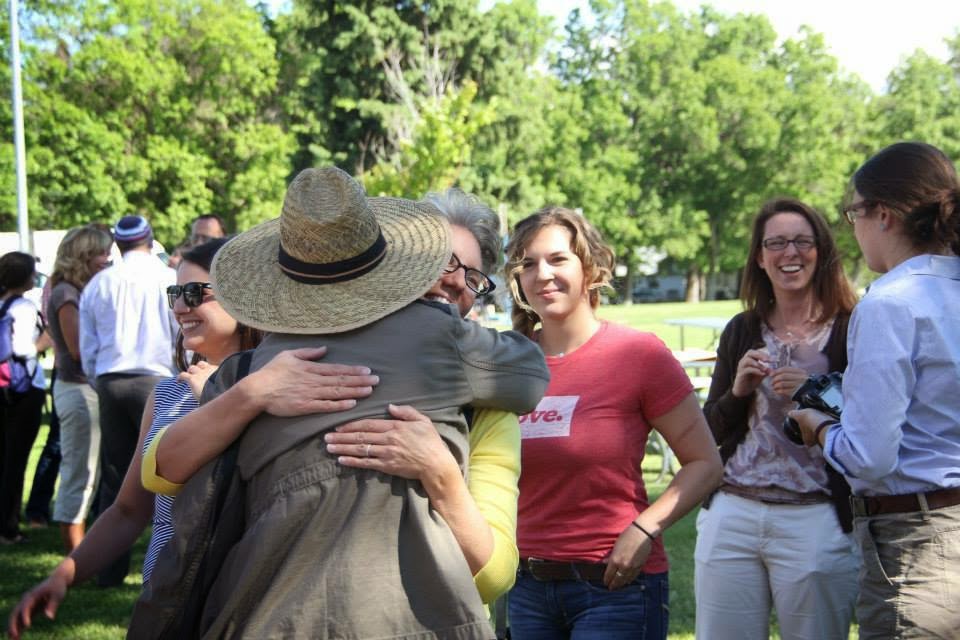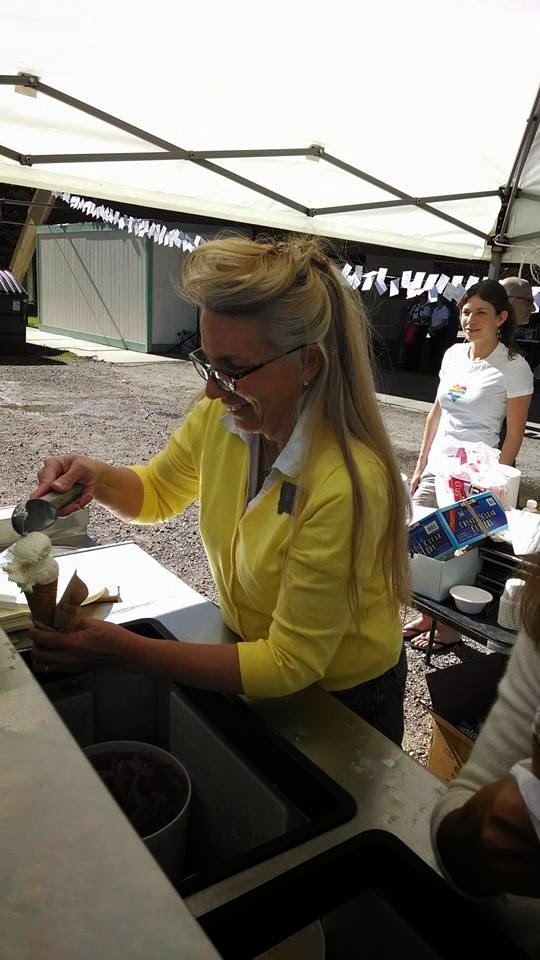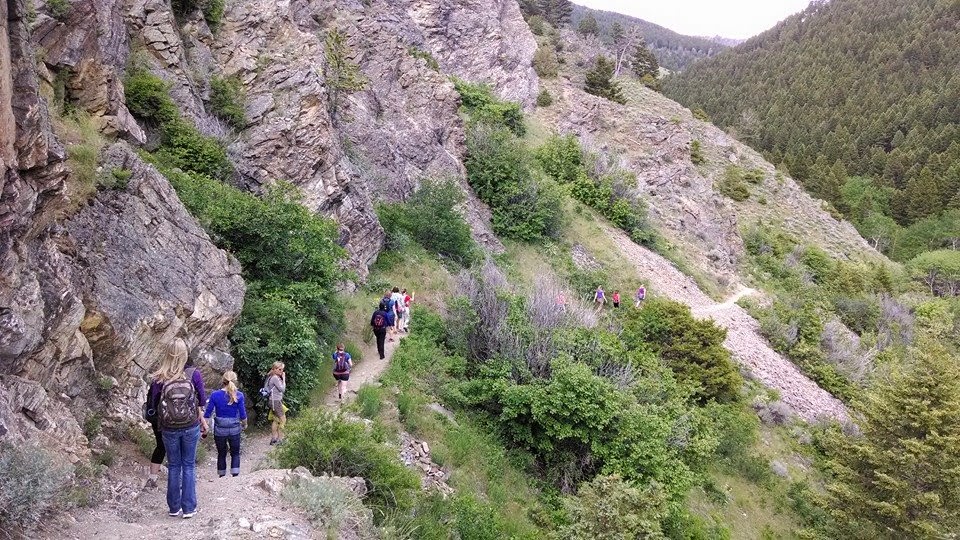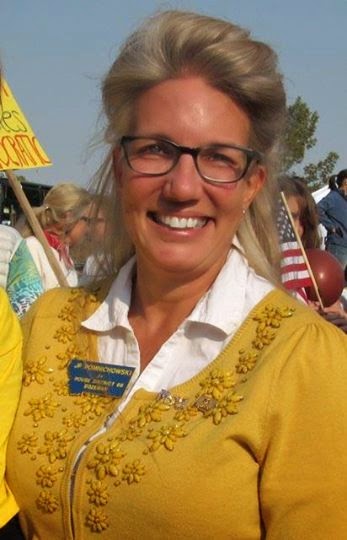
Author: JP Pomnichowski
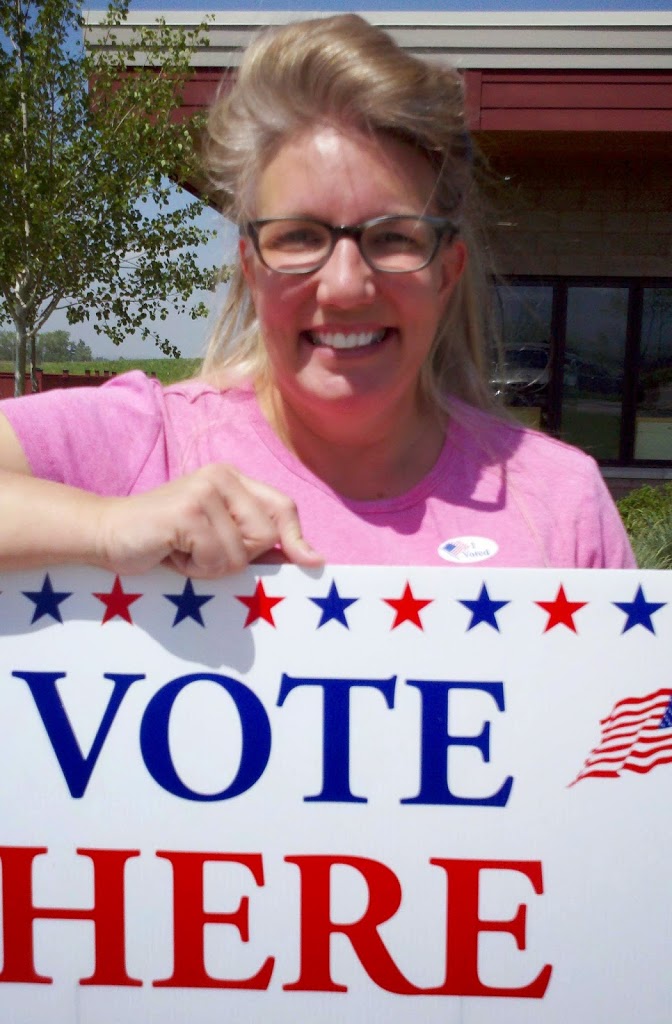
 Mail ballots begin arriving in voters’ mailboxes today.
Mail ballots begin arriving in voters’ mailboxes today.
I’ve been out talking to voters since March, visiting with people at meetings and events all over the Gallatin Valley, trying my level best to answer questions and establish good public policy as an elected official.
Now, I hope to continue the work!
Please vote JP Pomnichowski for Montana State Senate.
I’m finishing my third term in Montana’s House of Representatives, and I’m proud of the work I’ve accomplished in these six years. Every bill I’ve passed has been with bipartisan support. For me, it’s always about the policy, not the politics. Whatever the problem we’re trying to solve, I’ve worked with Republicans and Democrats alike to fashion solutions.
As a snapshot, here’s some of the policy work I’ve passed into state law:
– The creation of a Cancer Drug Donation Program, to make cancer drugs available to patients who need but cannot afford them, first implemented at our own Bozeman Cancer Center.
– Laws for the protection of personal information in state computers, and the protection of personal information on hunting and fishing licenses.
– Policy encouraging the creation of high-tech businesses in Montana through the commercialization of research by offering state matching grants for winners of federal Small Business Innovative Research and Small Technology Transfer Research grants.
– A law to protect downtown Bozeman property values after the 2009 natural gas explosion and fire (House Bill 653, Revise base taxable value of TIF for local disaster, applies for any TIF district that’s suffered a disaster.)
– New guidelines to grant licenses to disabled hunters, and to allow health care professionals (Advanced Practice Registered Nurses and Physician’s Assistants) to endorse disabled hunter permit medical certifications, important because in many small Montana communities, no M.D. is available. Health care is delivered by APRNs and PAs.
– Important new water policy to preserve and protect water quality and water quantity, especially where population growth is dense: in closed basins, where the amount of water available is exceeded by the allowable uses permitted.
 – to protect citizens against identity theft
– to protect citizens against identity theft
– for freedom of speech

There’s a program that’s funded in part by Montana’s coal severance tax trust fund called Growth Through Agriculture.
 As part of an update (or an introduction, for some) to the on-the-ground good that the Growth Through Agriculture program does, I toured Three Hearts Farm and the Root Cellar food production facility in Gallatin County, both recipients of GTA grants. GTA grant recipients must match grant dollars one-to-one with their own money. Three Hearts Farm and Root Cellar are local producers, expanding to food prep for local restaurants and sellers like the Food Co-Op. Three Hearts Farm employs four people, and their new business, Root Cellar creates jobs, too!
As part of an update (or an introduction, for some) to the on-the-ground good that the Growth Through Agriculture program does, I toured Three Hearts Farm and the Root Cellar food production facility in Gallatin County, both recipients of GTA grants. GTA grant recipients must match grant dollars one-to-one with their own money. Three Hearts Farm and Root Cellar are local producers, expanding to food prep for local restaurants and sellers like the Food Co-Op. Three Hearts Farm employs four people, and their new business, Root Cellar creates jobs, too!
We hear terms like “economic development” and “value-added commodities” and this local operation is an excellent example of what those terms mean. Three Hearts Farm is a nine-acre operation growing kale and beets, tomatoes, carrots, onions, and more. The farm received a $7,500 GTA grant a couple years ago to help with the purchase of a walk-in cooler. As farm owner Dean Williamson describes it, the cooler itself helped increase exponentially the ability of the farm to keep fresh vegetables marketable for much longer, helping the farm’s business.
 This year, Root Cellar matched a $38,500 grant from GTA to purchase a commercial food washer. Dean puts kale and beets and lettuce and all sorts of vegetables through the washer and he can also do food prep, like chopping lettuce and slicing beets and cucumbers for the Food Co-op salad bar or for local restaurants, which helps him to market to those retail locations, too.
This year, Root Cellar matched a $38,500 grant from GTA to purchase a commercial food washer. Dean puts kale and beets and lettuce and all sorts of vegetables through the washer and he can also do food prep, like chopping lettuce and slicing beets and cucumbers for the Food Co-op salad bar or for local restaurants, which helps him to market to those retail locations, too.
The food prep is “value-added” agriculture because it’s the prepared vegetables instead of the fresh but unwashed and unsliced vegetables. The “economic development” is helping a local producer keep his produce fresh, and then helping several local producers wash, prep, and provide that produce via a new business in Gallatin Valley, a business which employs local people for food going to local businesses!
The state could do more. A few legislative sessions ago, Growth Through Agriculture had $1.2 million to distribute in grants (each grant then matched one-for-one with dollars from the recipients. That’s the deal.) In 2011 in a conservative legislature, the funding was halved. And last session, even more dollars from the coal severance tax trust fund were rerouted as part of a funding solution for state employee pension plans.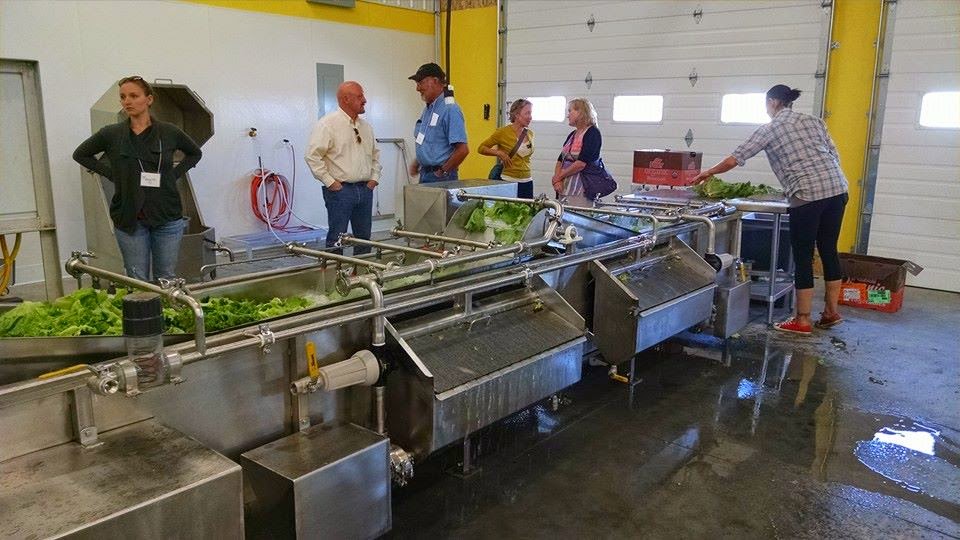 This biennium, there were requests from GTA for $1.7 million, but the program only had about $650,000 to distribute. All grant recipients, I was told, requested more money than they were granted (and they could have matched a greater grant amount, too).
This biennium, there were requests from GTA for $1.7 million, but the program only had about $650,000 to distribute. All grant recipients, I was told, requested more money than they were granted (and they could have matched a greater grant amount, too).
This program is a success. I’ll do all I can as a state senator to help to grow the program to make more funds available for our local economic development and value-added products.
The local NBC affiliate, KTVM, did a story on the tour: http://www.nbcmontana.com/news/bozeman-businesses-show-how-ag-grants-help/27335490
BOZEMAN, Mont. –Bozeman-area businesses showed state lawmakers and representatives from the Montana Department of Agriculture how grant money is helping diversify the state agriculture industry.
Council members learned how a small grant made a big impact on a local farm.
Dean Williamson owns Three Hearts Farm and grows 150 types of plants including fresh produce.
His operation is a small nine-acre farm, but he says they got help to grow after receiving a Growth Through Agriculture grant of $7,500, that they used to buy a walk-in cooler.
“Oh, it was gigantic,” said Williamson.
It’s a piece of equipment, he said, that allows him to store twice as much produce, which then goes out to local restaurants and grocery stores.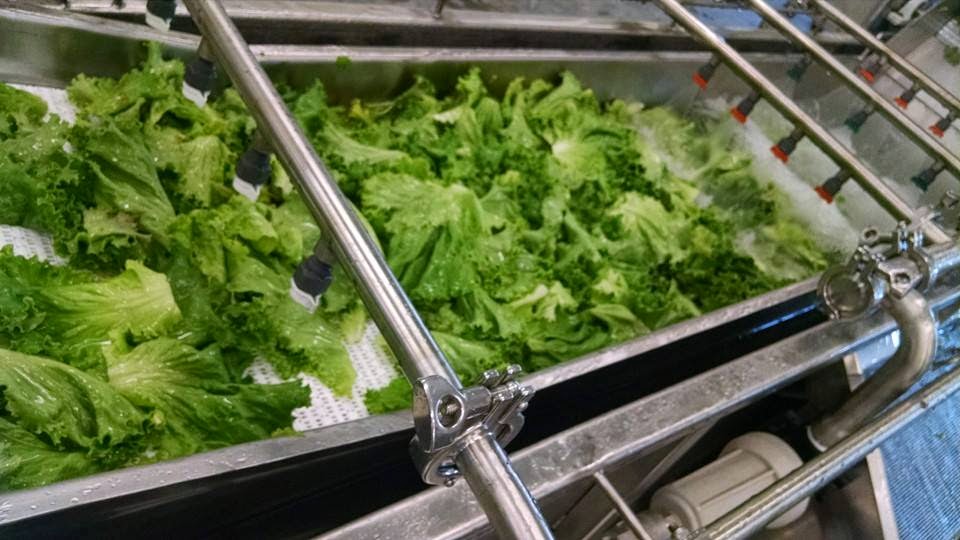 “I wouldn’t be able to do nearly what I am doing, without the cooler, without being able to hold food for longer than an hour or two. Once lettuce is out of the ground, for instance, it is good for about 45 minutes if it is not refrigerated,” said Williamson.
“I wouldn’t be able to do nearly what I am doing, without the cooler, without being able to hold food for longer than an hour or two. Once lettuce is out of the ground, for instance, it is good for about 45 minutes if it is not refrigerated,” said Williamson.
On Tuesday, Williamson got to tell his story to state lawmakers as they toured agricultural businesses in the Gallatin Valley to learn how grant money from the GTA program is making an impact.
State Director of Agriculture Ron de Yong says the ag industry is growing, especially when it comes to smaller operations like Three Hearts Farm.
“This will effect everyone locally,” said de Yong.
De Yong said the GTA grants are geared toward helping these local businesses be successful. State Representative JP Pomnichowski told NBC Montana that getting a behind-the-scenes look gave her a good idea of how the grants not only impact the farm, but also the community.
State Representative JP Pomnichowski told NBC Montana that getting a behind-the-scenes look gave her a good idea of how the grants not only impact the farm, but also the community.
“When you come to the farm and then see the washing operation and see the food packaged and then go to the salad bar at the Food Co-op, it’s locally grown, locally produced, and it helps the local businesses,” said Pomnichowski.
The state gave out more than $650,000 in GTA grants over the last fiscal year. Other businesses in the Bozeman area that received the grants include the Root Cellar and the Montana Fish Company.
Copyright 2014 by KECI, KCFW, KTVM. All rights reserved.
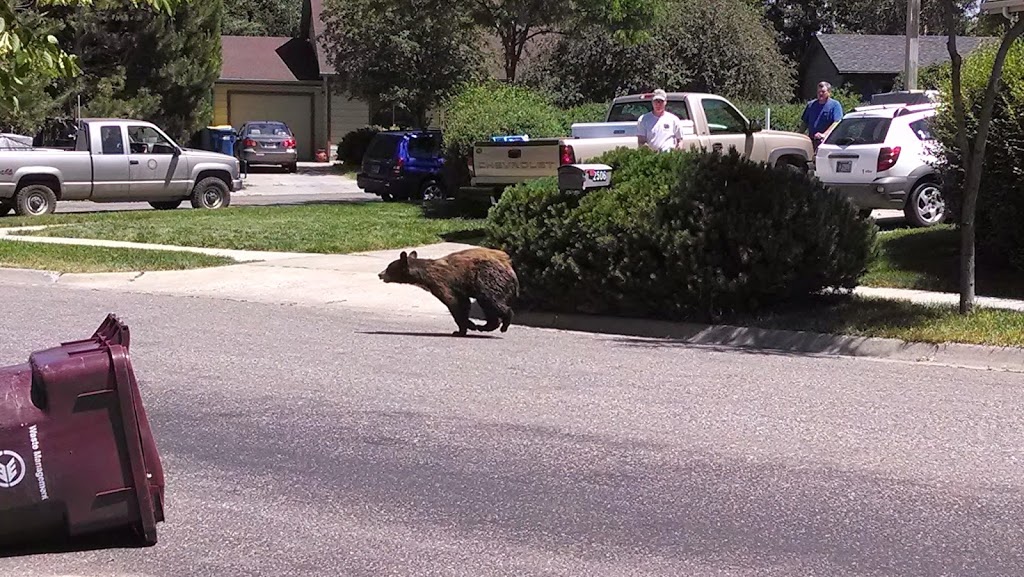
Well, it isn’t a typical Thursday afternoon.
A small brown bear was touring my southeast neighborhood just a couple hours ago!
She came through my backyard as I was eating lunch on my patio (in the area of Bozeman just south of the university campus and Museum of the Rockies), so I immediately called the local Fish Wildlife, and Parks game warden captain to ask that a game warden be dispatched. The response from FWP was outstanding; the first game warden arrived in 8-10 minutes, just as the bear crossed South Third Avenue and walked through the backyards of homes on Westridge Drive. She investigated a duck pond, the trail to Bobcat Stadium (which I walk every game day; I’ve done stats for home football games for 28 years!). The bear was cornered by the Western Transportation Institute building, and then took a trail back into some bushes. She worked her way through some hedges and backyards and trash cans, and with the help of another FWP truck and two more FWP personnel, a short while later the little brown bear was treed and safely tranquilized. The Game Warden sergeant called to tell me shell be relocated to a safer place (for her, and for the public!) soon.
I am so impressed with the efforts and professionalism and compassion of the people at Fish, Wildlife and Parks, and I’m so glad that this situation was successfully and quickly resolved.
I’ve served on the Fish, Wildlife and Parks committee in two of my three terms in the House of Representatives, and I really appreciate the science-based policies of Montana FWP. Conversations at the capitol during a legislative session can get a bit heady, but every once in a while, there’s a real-life, on-the-ground experience to remind us why Montana is such a great place to live, and why FWP is a wonderful state agency that helps Montana wildlife and the people who love them.
And now, the photographic evidence of today’s excitement:

In Montana law, there is a duty to protect, and that includes protecting individual privacy and the privacy of information contained within information technology systems. (MCA 2-17-505(1))

State to send safety notice
Hackers may have breached health server
Associated Press
This type of unauthorized access is not unique to Montana, Baldwin said. This is sort of the nature of the world we live in today.
There are 17,000 unauthorized attempts to enter the state computer system every hour on average, or about six billion attempts per year. With that volume, its difficult to ensure the states computer security is a step ahead of the hackers technology, Opper said.
The state is constantly vigilant and continually adapting monitoring and protection techniques, Baldwin said.
Officials expect cyber-security insurance coverage purchased last year by the state to cover most of the costs associated with the incident.
Were just really grateful that apparently the citizens havent been harmed, Opper said.
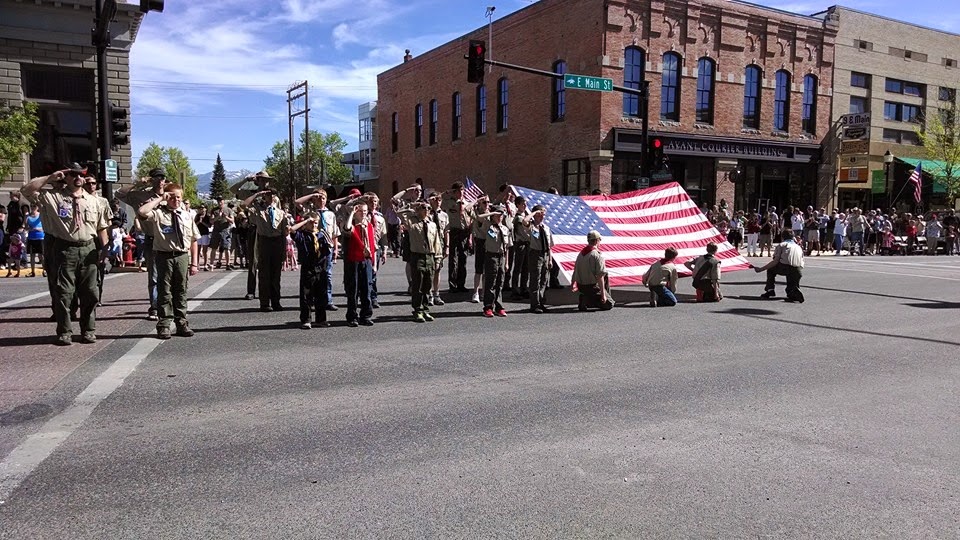
 My campaign for Montana State Senate is going strong. I’m all around the town.I do my best to attend most every event that I can, talking to people and learning what’s happening in our fair city and county.
My campaign for Montana State Senate is going strong. I’m all around the town.I do my best to attend most every event that I can, talking to people and learning what’s happening in our fair city and county. In the last three weeks, I’ve attended the Downtown Business Association breakfast and annual awards, Prospera’s annual luncheon (the economic development effort in our area), a rally to celebrate the passage of Bozeman’s Non-Discrimination Ordinance, the Bozeman Business and Professional Women’s luncheon, the Montana Democratic Party platform convention in Butte, a panel discussion on Clean Air standards, an effort to gather signatures on a petition to put Medicaid expansion on the ballot in November, the Bozeman Memorial Day parade and commemorative service in Sunset Hills Cemetery, many one-on-one meetings with constituents and campaigners, candidate interviews, and I even squeezed in a hike up Sypes Canyon with the Mountain Belles!
In the last three weeks, I’ve attended the Downtown Business Association breakfast and annual awards, Prospera’s annual luncheon (the economic development effort in our area), a rally to celebrate the passage of Bozeman’s Non-Discrimination Ordinance, the Bozeman Business and Professional Women’s luncheon, the Montana Democratic Party platform convention in Butte, a panel discussion on Clean Air standards, an effort to gather signatures on a petition to put Medicaid expansion on the ballot in November, the Bozeman Memorial Day parade and commemorative service in Sunset Hills Cemetery, many one-on-one meetings with constituents and campaigners, candidate interviews, and I even squeezed in a hike up Sypes Canyon with the Mountain Belles! Our community is great for so many reasons, but the main factor is that everyone is engaged and enthusiastic in so many different ways. I become increasingly convinced that all of the effort that we all invest in our community, our work, volunteer efforts, non-profit organizations, causes, schools and kids, neighbors, well–just everything, all of that effort all together is what makes this community vibrant, our state strong, and (if I might be a bit kitschy) our democracy successful.
Our community is great for so many reasons, but the main factor is that everyone is engaged and enthusiastic in so many different ways. I become increasingly convinced that all of the effort that we all invest in our community, our work, volunteer efforts, non-profit organizations, causes, schools and kids, neighbors, well–just everything, all of that effort all together is what makes this community vibrant, our state strong, and (if I might be a bit kitschy) our democracy successful.
Here are some photos from my recent activities. Enjoy, and I hope to see you soon on the campaign trail!
Thanks, everyone, for your support!
I hope this helps everyone to know their new district, and the candidates running for office!
As always, VOTE THE LONGEST NAME ON THE BALLOT!
Vote Pomnichowski for State Senate!

